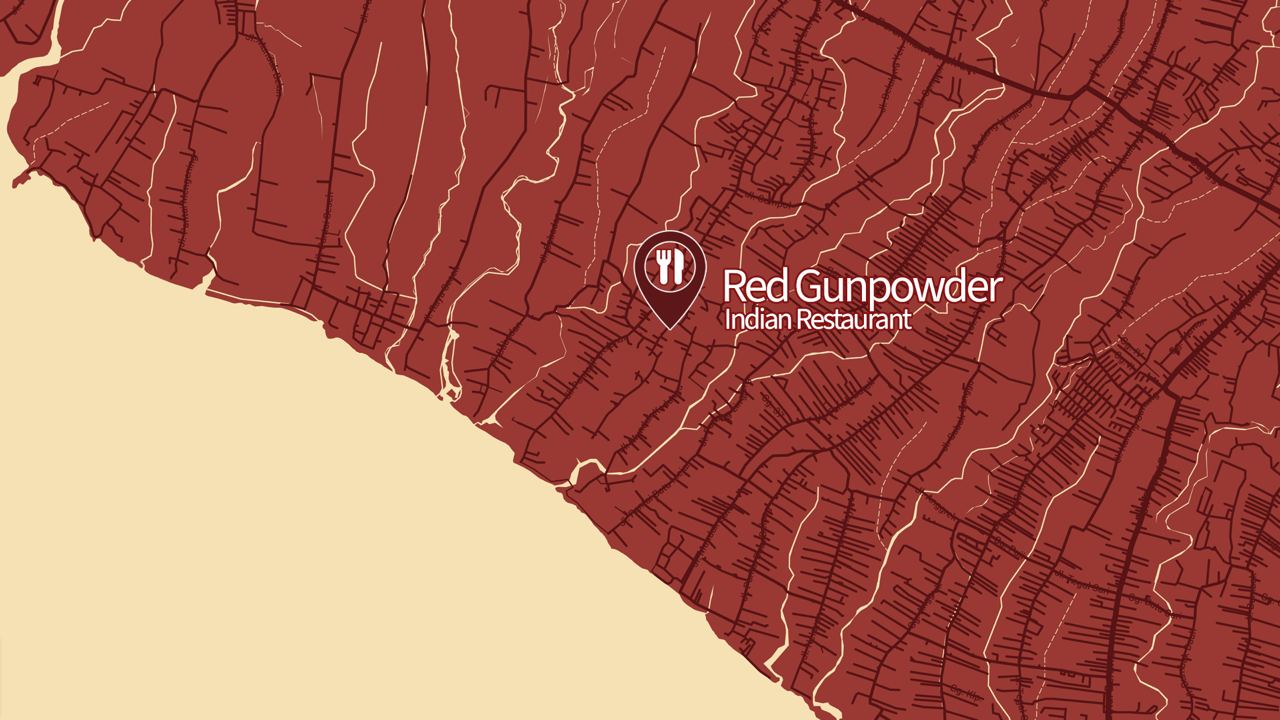Bali, Indonesia, a captivating island paradise, has earned its nickname “Island of the Gods.” Lush rice terraces, volcanic mountains, and pristine beaches create a backdrop for ancient temples, vibrant Hindu ceremonies, and a laid-back island charm. Whether you crave adventure, cultural immersion, or pure relaxation, Bali caters to every traveler’s desire.
But to truly unlock the island’s magic and navigate its wonders with ease, staying connected is crucial. Imagine this: you’ve summited Mount Batur for a breathtaking sunrise view, and you want to share that magical moment with loved ones back home. Or, perhaps you’re captivated by a local artisan’s craft and need to translate communication to secure that perfect souvenir. Staying connected empowers you to book last-minute tours, hail rides to hidden waterfalls, and navigate with confidence using online maps. It’s your gateway to sharing experiences in real-time, researching cultural nuances, and making the most of your Balinese adventure. Luckily, Bali offers various options to stay connected, from widely available WiFi hotspots to convenient local SIM cards. We’ll explore these options in detail to ensure your Balinese experience is seamless and unforgettable.
Reasons to Stay Connected in Bali

Staying connected in Bali goes beyond just posting vacation selfies (although that’s definitely a perk!). Here’s how a good internet connection can elevate your entire experience:
Stay in Touch
Share real-time updates with loved ones back home. Capture the joy of witnessing a traditional Kecak dance or the elation of conquering a challenging hike, all while keeping your close circle in the loop.
Become Your Own Travel Guru
Research hidden gems, off-the-beaten-path adventures, or the perfect spot for a romantic sunset dinner. Reviews, recommendations, and local insights are all at your fingertips.
Plan on the Go
Don’t be confined to a rigid itinerary. Find last-minute tours, book spontaneous day trips, or discover unexpected events happening right around you.
Ride-hailing Apps
Bali’s traffic can be unpredictable. With Grab or Gojek (local version of Uber or Lyft), a convenient ride is just a tap away, eliminating the hassle of haggling taxis or navigating public transportation with limited Bahasa Indonesian.
Read also : Gojek & Grab: Your Ultimate Bali Passport to Rides & Feasts
Social Media Updates
Share your experiences in real-time, ignite travel envy with stunning photos, and connect with fellow Bali enthusiasts.
Never Get Lost
Google Maps or other navigation apps become your trusty companions, ensuring you reach your destination with ease, whether it’s a secluded beach or a hidden waterfall.
Ways to Stay Connected in Bali

Staying connected in Bali doesn’t have to be a hassle. Here’s a breakdown of the various options available, allowing you to choose the one that best suits your needs:
Using WiFi in Bali
WiFi is widely available in Bali, offering a convenient way to stay connected without incurring data charges. Here’s a breakdown of where you can find WiFi hotspots:
- Hotels and Resorts: Most hotels and resorts provide free WiFi access for guests, typically included in your stay. The connection speed and reliability will vary depending on the establishment, but it’s usually sufficient for browsing the internet, checking emails, and even making video calls.
- Restaurants and Cafes: Many restaurants and cafes in tourist areas offer free WiFi as a customer perk. The connection speed might not be ideal for heavy downloads, but it’s a good option for checking messages or social media updates while enjoying a meal.
- Co-working Spaces: If you’re a remote worker or digital nomad, co-working spaces in Bali offer dedicated work environments with high-speed and reliable WiFi. These spaces often come with additional benefits like comfortable seating, meeting rooms, and printing facilities.
- Public Hotspots: Malls, airports, and some public areas might offer free WiFi access. However, the connection speed and reliability can be unpredictable, and the number of users sharing the network can impact performance.
Pros and Cons of WiFi in Bali
The biggest advantage of WiFi is that it’s often free, most of the accommodation and hotels in Bali provide guests with free WiFi. You won’t need to worry about racking up data charges, especially if you’re on a budget. Additionally, WiFi is readily available in many tourist areas, making it a convenient option for staying connected.
However, there are also some drawbacks to consider. The speed and reliability of WiFi in Bali can vary significantly depending on the location. Public WiFi hotspots can be particularly slow and congested, especially during peak hours.
As a matter of fact, Indonesia, the country Bali is part of, has one of the slowest average internet speeds in the world. According to Ookla’s Speedtest Global Index, Indonesia ranks 126th out of 178 countries worldwide with an average speed of 27.87 Mbps. In detail, Indonesia has a fixed broadband download speed of 27.87 Mbps, upload speed of 16.85 Mbps, and latency of 7 ms.
Another concern with public WiFi is security. Unsecured networks are vulnerable to hacking, so it’s best to avoid using them for sensitive transactions like online banking or entering credit card information.
Tips for Using WiFi Securely in Bali
Here are some tips to keep in mind when using public WiFi in Bali:
- Avoid public WiFi for sensitive transactions: If you need to access your bank account or make online purchases, wait until you’re connected to a secure network, preferably back at your hotel.
- Consider using a VPN: A Virtual Private Network (VPN) encrypts your internet traffic, adding an extra layer of security when using public WiFi. There are both free and paid VPN options available.
While WiFi offers a convenient way to stay connected in Bali, it’s not always the most reliable option. In the next section, we’ll explore another popular method: local SIM cards.
Read more : 13 Best Places to Capture Stunning Photos in Bali
Getting a Local SIM Card in Bali

One of the most reliable ways to stay connected in Bali is by purchasing a local SIM card. These cards are readily available throughout the island, offering a cost-effective and convenient solution for staying online. You’ll find them at:
- Airport Kiosks: Most major Indonesian mobile network providers have booths set up at Ngurah Rai International Airport, allowing you to grab a SIM card and activate it upon arrival.
- Convenience Stores: Popular convenience stores like Circle K and Indomaret sell SIM cards and offer top-up options.
- Mobile Phone Shops: Dedicated mobile phone shops in tourist areas often have a wider selection of SIM cards and data packages.
Advantages of a Local SIM Card
There are several advantages to using a local SIM card in Bali:
Affordable Data Packages
Local mobile network providers offer a variety of data packages to suit your needs and budget. These packages are typically much more affordable compared to international roaming charges from your home provider.
Reliable Internet Access Almost Anywhere
With a local SIM card, you’ll have reliable internet access in most areas of Bali, including tourist destinations, beaches, and even some rural locations. This allows you to stay connected, navigate with ease using maps, and share your experiences in real-time.
Ability to Make Local Calls
A local SIM card allows you to make calls within Indonesia at a much lower rate than using international roaming. This can be particularly useful for booking tours with local operators, hailing rides with ride-hailing apps like Grab and Gojek (which often require phone verification), and for any other situations where a local phone number might be necessary.
In the next section, we’ll delve deeper into the different mobile network providers in Bali and help you choose the best SIM card for your needs.
Choosing the Right Local SIM Card in Bali
Now that you know the benefits of getting a local SIM card, let’s explore the different options available and how to choose the best one for your trip.
Types of SIM Cards Available
Here are some of the popular mobile network providers in Bali, each with its own advantages:
- Telkomsel: Widely considered the most reliable provider in Bali, Telkomsel offers excellent network coverage across the island, including rural areas. This comes at a slightly higher price point compared to other providers.
- Indosat Ooredoo: Indosat offers good value for money, with data packages often priced competitively. Their network coverage is decent in most tourist areas, but might be spotty in some remote locations.
- XL Axiata: A popular choice for tourists, XL Axiata offers a good balance between price and coverage. Their network is strong in Denpasar and Badung, but might be limited in Ubud.
How to Register and Activate a SIM Card
The registration process is usually straightforward. The seller will typically assist you, but generally involves filling out a registration form and showing your passport. Once registered, you can top up your SIM card with data packages using vouchers readily available at convenience stores or online top-up options.
Tips for Choosing a Data Package:
When choosing a data package, consider your data usage needs:
- Light Browsing and Social Media: If you plan on using the internet for basic tasks like browsing websites, checking emails, and occasional social media updates, a smaller data package (around 3-5GB) might suffice.
- Moderate Usage: For those who want to use maps, share photos on social media, and occasionally stream music, a mid-range data package (around 5-10GB) is a good option.
- Heavy Streaming and Downloads: If you plan on streaming videos, making video calls, or downloading large files, opt for a larger data package (above 10GB) to ensure you don’t run out of data during your trip.
By considering these factors and the information above, you can choose the best local SIM card in Bali to stay connected and make the most of your adventure.
Additional Tips for Staying Connected in Bali

Here are some final pointers to ensure seamless connectivity throughout your Balinese adventure:
Download Offline Maps and Apps
Many navigation apps and travel guides allow you to download maps and essential information for offline use. This comes in handy if you encounter areas with limited internet access.
Inform Your Network Provider
If you plan on using your home country’s SIM card with roaming enabled, contact your network provider beforehand to understand their international roaming charges and any available travel packages. These can sometimes be more cost-effective than relying solely on local WiFi.
Portable WiFi Device
For group travel or if you anticipate heavy data usage, consider renting a portable WiFi device. This creates a mobile hotspot, allowing multiple devices to connect and share the data allowance.
With these tips and the various options available, staying connected in Bali will be a breeze. You can navigate with confidence, share your experiences in real-time, and stay in touch with loved ones back home. Now that you’re all set for a seamless Balinese adventure, be sure to factor in some relaxation and culinary delights!
Read More : A Guide to Experiencing Balinese Cultural Activities : Top Things To Do
Now that you’ve explored ways to stay connected, it’s time to discover a taste of paradise at our restaurant, Red Gunpowder. We offer a tranquil and peaceful ambiance, perfect to kick back after a day of exploring right in the heart of Pererenan. Indulge in our delectable selections of indian dishes, fresh cocktails, suitable for ending your day on a perfect note.
If you’re looking for a romantic dinner and a craving for indian cuisines with relaxing live sitar to unwind to, Red Gunpowder has something for you. Come and create lasting memories with us at Red Gunpowder.






